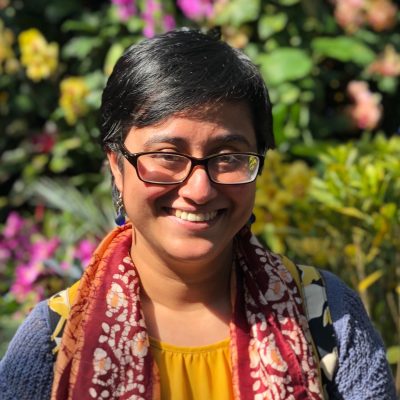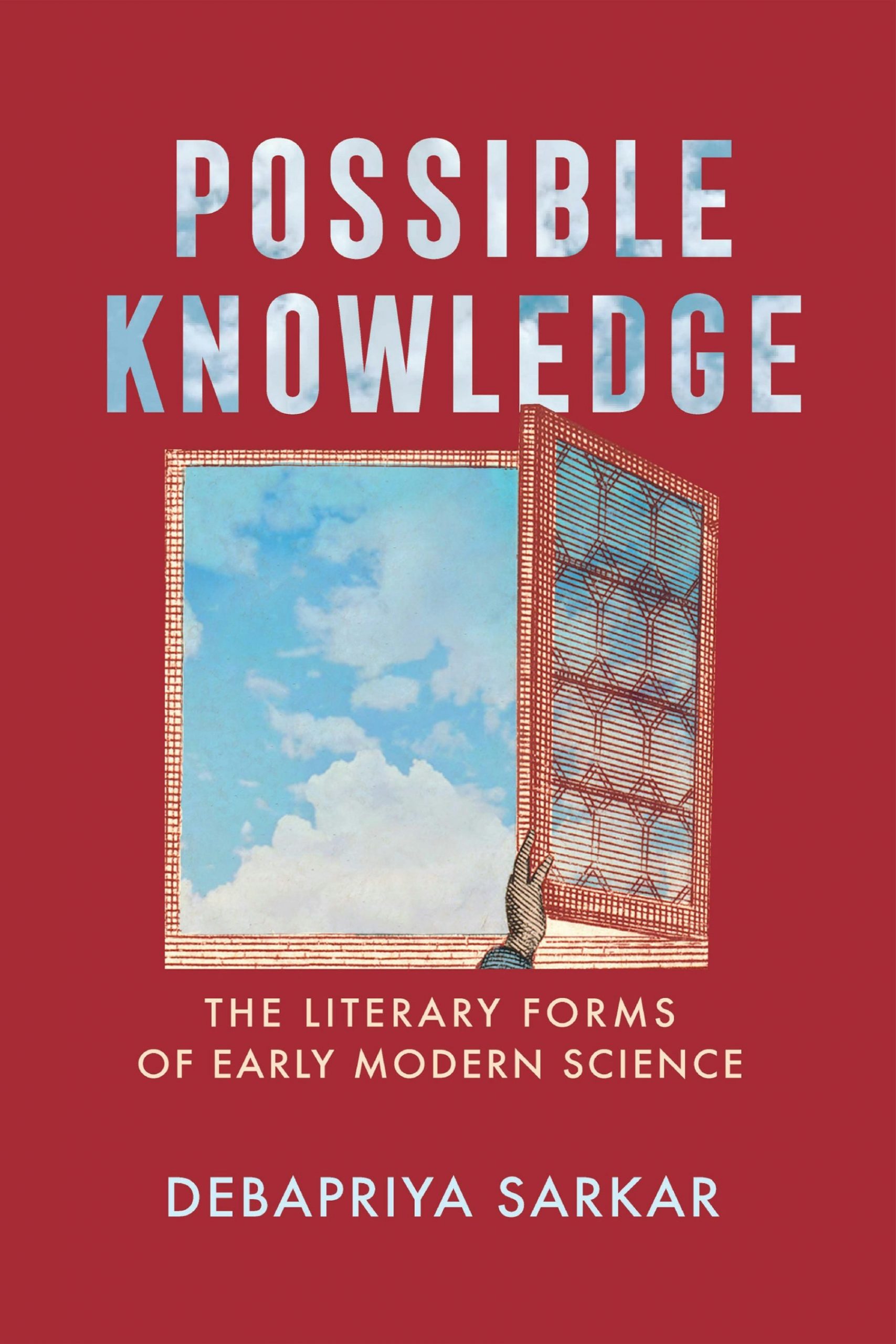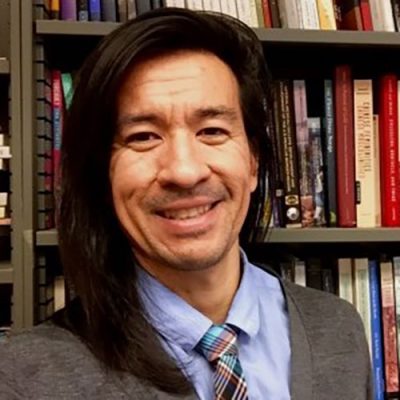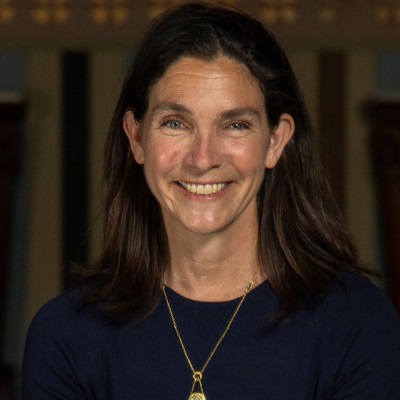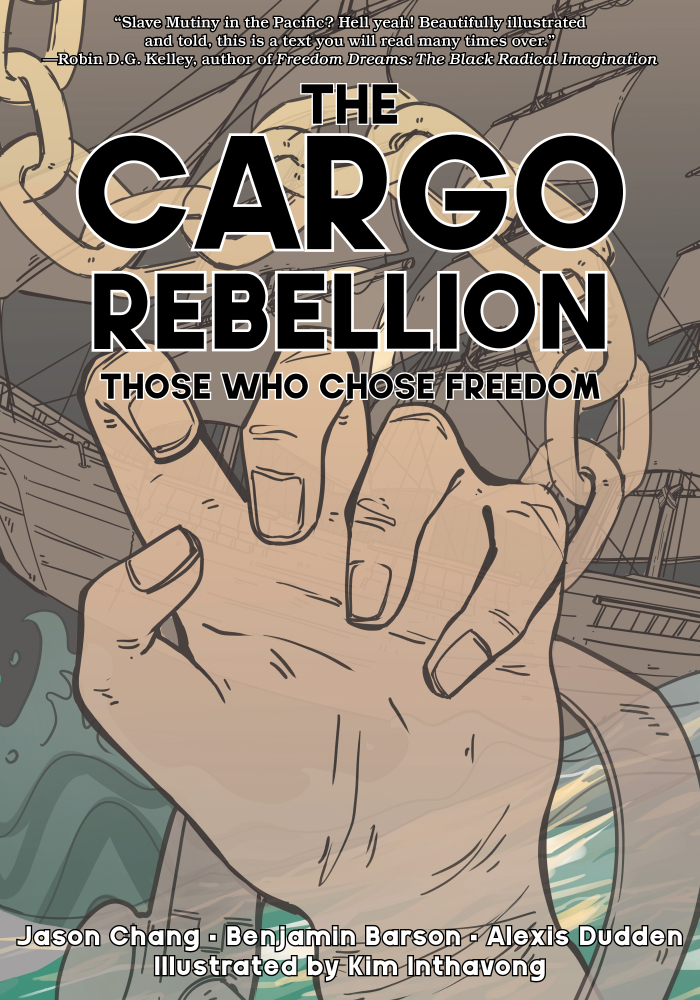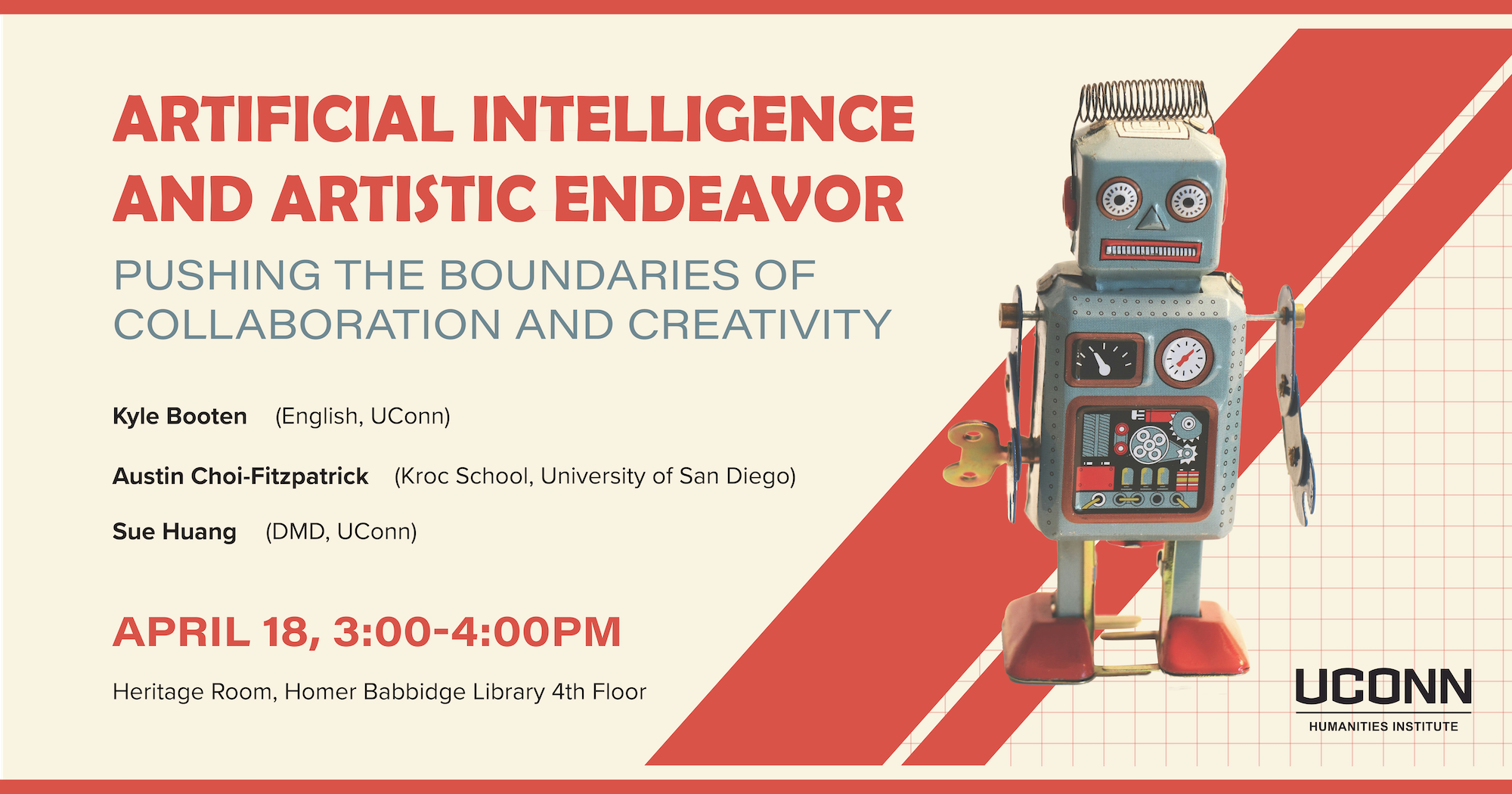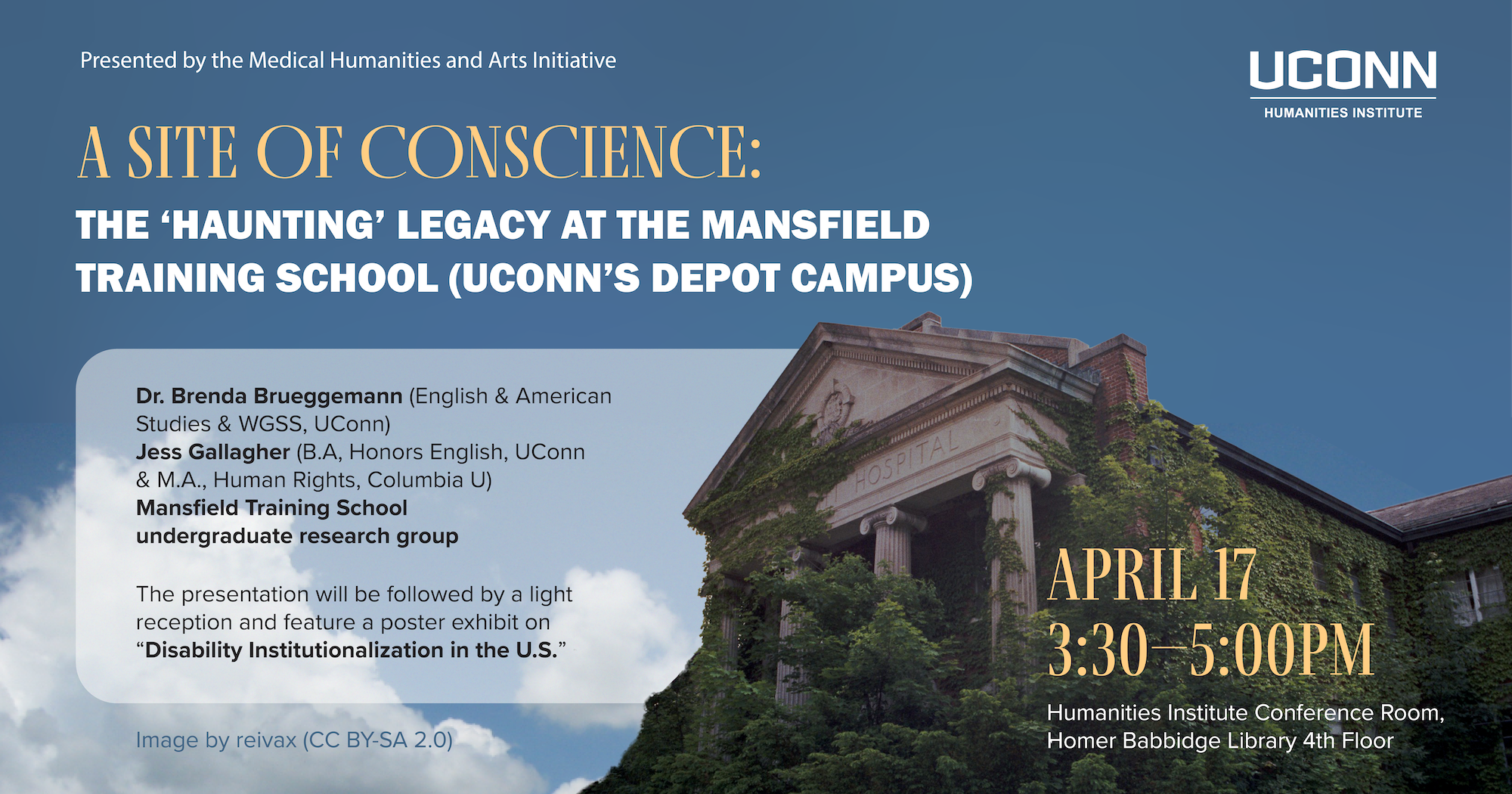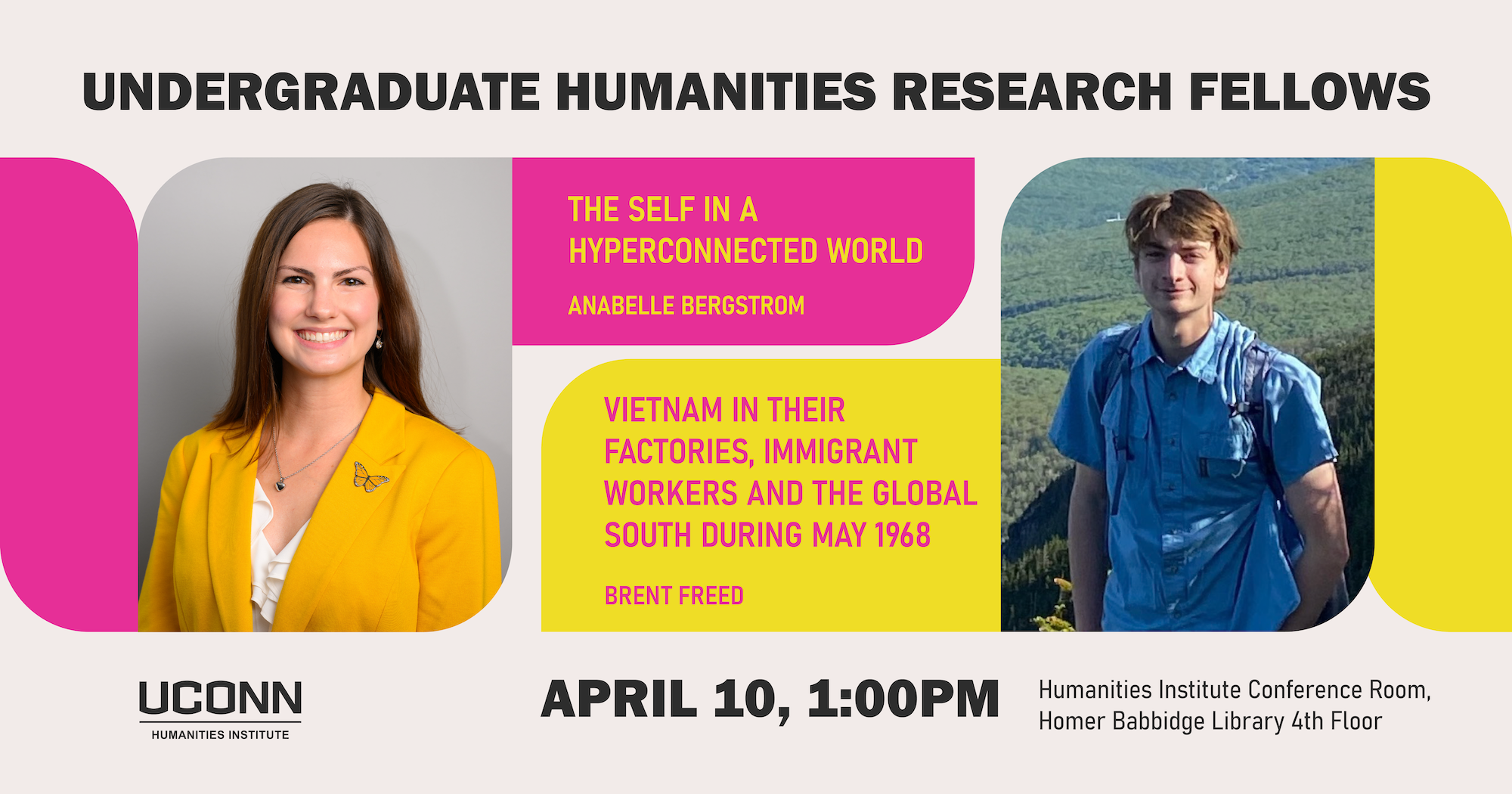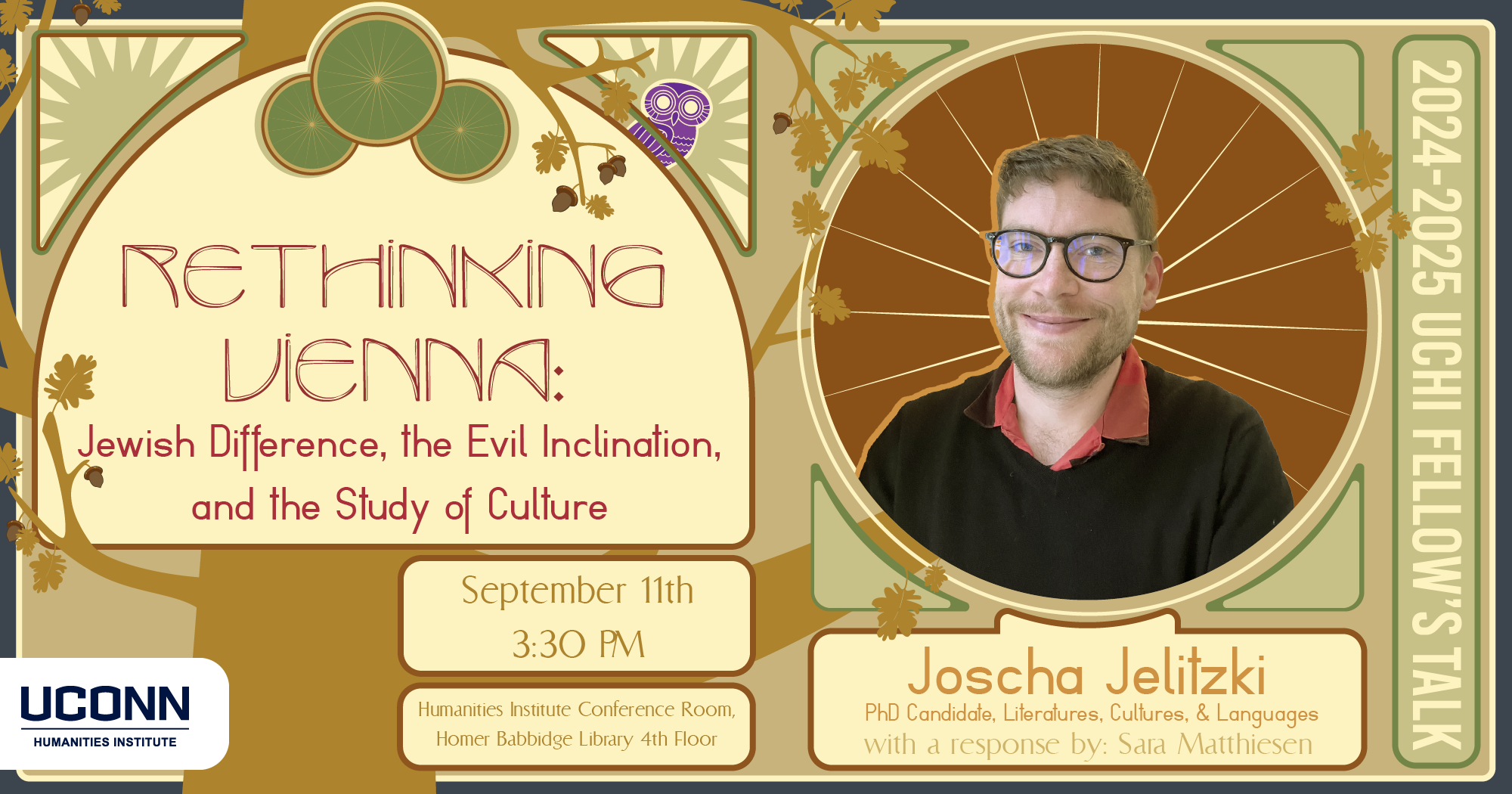
Rethinking Vienna: Jewish Difference, the Evil Inclination, and the Study of Culture
Joscha Jelitzki (Ph.D. Candidate, LCL, UConn)
with a response by Sara Matthiesen (History & Women’s, Gender, and Sexuality Studies, George Washington University)
Wednesday September 11, 2024, 3:30pm, Humanities Institute Conference Room (HBL 4-209)
The event will also be livestreamed with automated captioning.
Register to attend virtually
Inside the prolific scholarship on the cultural history of fin-de-siècle Vienna, there is a methodological debate on what to make of the high percentage of Jewish authors, artists, and thinkers on its forefront. Methodologically, the challenge is how to give an account of secularized Jewish culture without falling into the essentialism of constructs like “the Jewish mind.” The challenge becomes even more delicate when we turn to the prominent subject of sexuality and desire in Viennese cultural productions, as that field of association was historically strongly exploited by antisemitism. Jelitzki’s dissertation studies Viennese Jewish literature on sexual desire at this fraught intersection of antisemitic attribution and Jewish self-representation.
This presentation, “Rethinking Vienna: Jewish Difference, the Evil Inclination, and the Study of Culture,” will take specifically the Jewish concept of the Evil Inclination, the “Yetzer Hara,” as a starting point and make it into a case study in these larger methodological questions. The Evil Inclination goes back to Talmudic sources, and, handed down by Jewish folk traditions, worked as a shorthand for sexual drive. Interestingly, this remnant of religious culture was secularized and taken up by a number of Viennese and Habsburg Jewish writers when addressing sexuality and Jewish-Catholic differences. This talk will survey these sources and discuss their implications for the study of Jewish Vienna.
Joscha Jelitzki is a scholar of German Jewish literature, and a PhD candidate in German and Judaic Studies at UConn at the Department of Literatures, Cultures, and Languages. Before joining UCHI as the Richard Brown Dissertation Fellow, he completed his research in Vienna as the 2024 Franz Werfel Fellow. He previously studied in Berlin, Frankfurt (Oder), and Jerusalem, and worked as an assistant from 2016–2019 for the critical edition of the works of Hannah Arendt. His focus is on modern German and Austrian Jewish literature and thought, theories of sexuality and secularization. He has published articles on Martin Buber and literature, the biblical figure of Job in modern Jewish literature, and on German-Jewish gangsta-rap.
Sara Matthiesen is Associate Professor of History and Women’s, Gender, and Sexuality Studies at George Washington University. Her first book, Reproduction Reconceived: Family Making and the Limits of Choice after Roe v. Wade (University of California Press, 2021), shows how incarceration, for-profit and racist healthcare, HIV/AIDS, parentage laws, and poverty were worsened by state neglect in the decades following Roe. In 2022, Reproduction Reconceived received the Sara A. Whaley Prize for best monograph on gender and labor from National Women’s Studies Association. Professor Matthiesen’s current project, “‘Free Abortion on Demand’ after Roe: A Reproductive Justice History of Abortion Organizing in the United States,” traces the multi-racial feminist activism that opposed state and medical control of abortion throughout the era of choice. At GWU, she regularly teaches Introduction to Women’s, Gender, and Sexuality Studies, for which she was awarded the Kenny Teaching Prize in 2022.
Access note
If you require accommodation to attend this event, please contact us at uchi@uconn.edu or by phone (860) 486-9057. We can request ASL interpretation, computer-assisted real time transcription, and other accommodations offered by the Center for Students with Disabilities.
